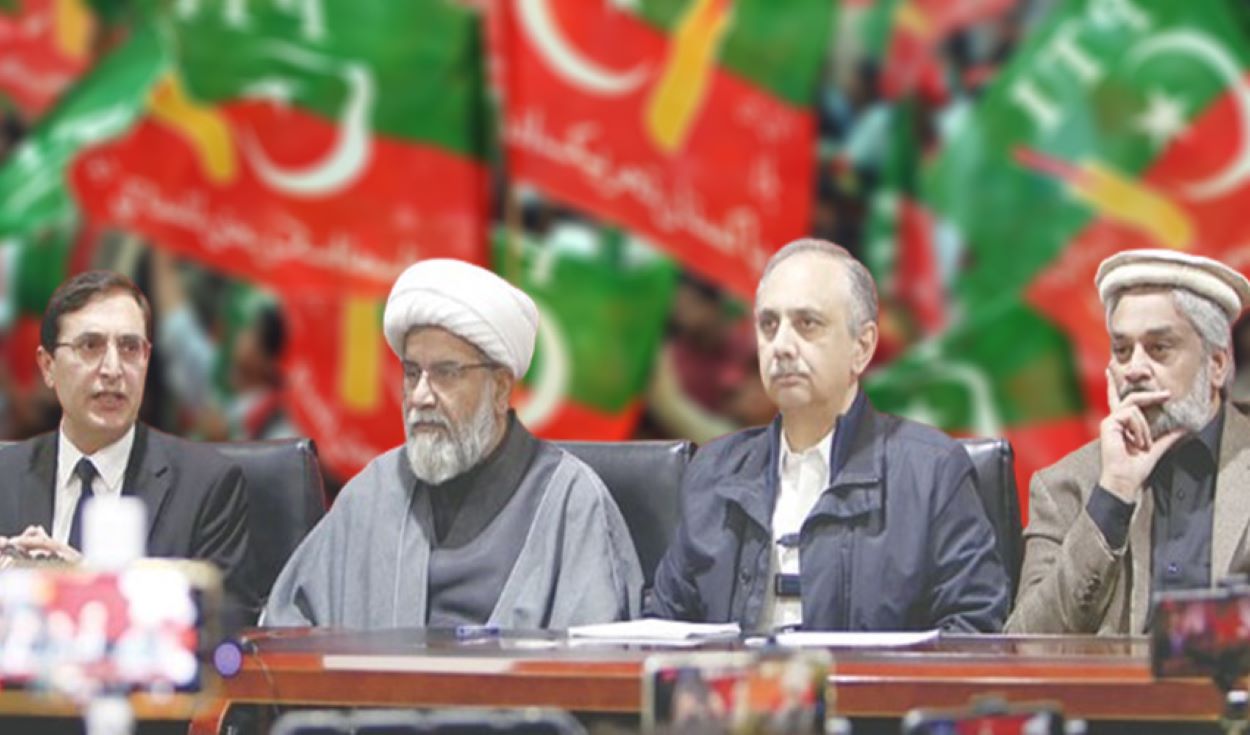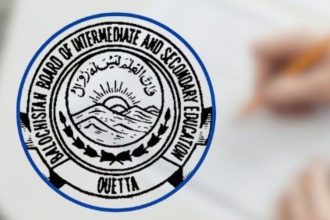Following the Election Commission of Pakistan’s (ECP) decision to deny the PTI-backed Sunni Ittehad Council (SIC) reserved seats due to “legal flaws and procedural violations,” PTI plans to contest the 4-1 ruling at the Supreme Court. This development coincided with the acceptance of Asif Ali Zardari and Mahmood Khan Achakzai nominations in the presidential elections scheduled for March 9, with the final candidate list due on March 5.
The ECP’s 22-page ruling, based on Article 51(6) and Section 104 of the Elections Act 2017, found the SIC ineligible for reserved seat allocation. Consequently, the ECP aims to redistribute these seats among other parties, potentially benefiting the PML-N and PPP, unless the Supreme Court intervenes. The allocation method remains uncertain, especially in Khyber Pakhtunkhwa, where PTI independents won significantly.
ECP member Babar Hassan Bharwana dissented, proposing reserved seats stay vacant pending legal amendments. The ECP noted the SIC’s lack of participation as a party in the general elections, and failure to submit a candidate list, contrasting with their argument referencing the Balochistan Awami Party’s (BAP) 2019 case for KP Assembly reserved seats.
Read: ECP Denies PTI-Backed SIC Reserved Seats for Women and Minorities
The ECP emphasized that reserved seats are for parties winning general assembly seats, echoing a Supreme Court judgment on mandatory legal provisions. PTI, condemning the ECP’s decision as undemocratic and unconstitutional, demands ECP leadership resignations and postponement of the presidential and Senate elections pending their Supreme Court appeal.
PTI’s Senator Syed Ali Zafar argued that elections in an incomplete electoral college are unconstitutional, signalling PTI’s refusal to accept the outcomes of the presidential and Senate elections before the apex court’s ruling, deeming them illegal and an attack on democracy.






